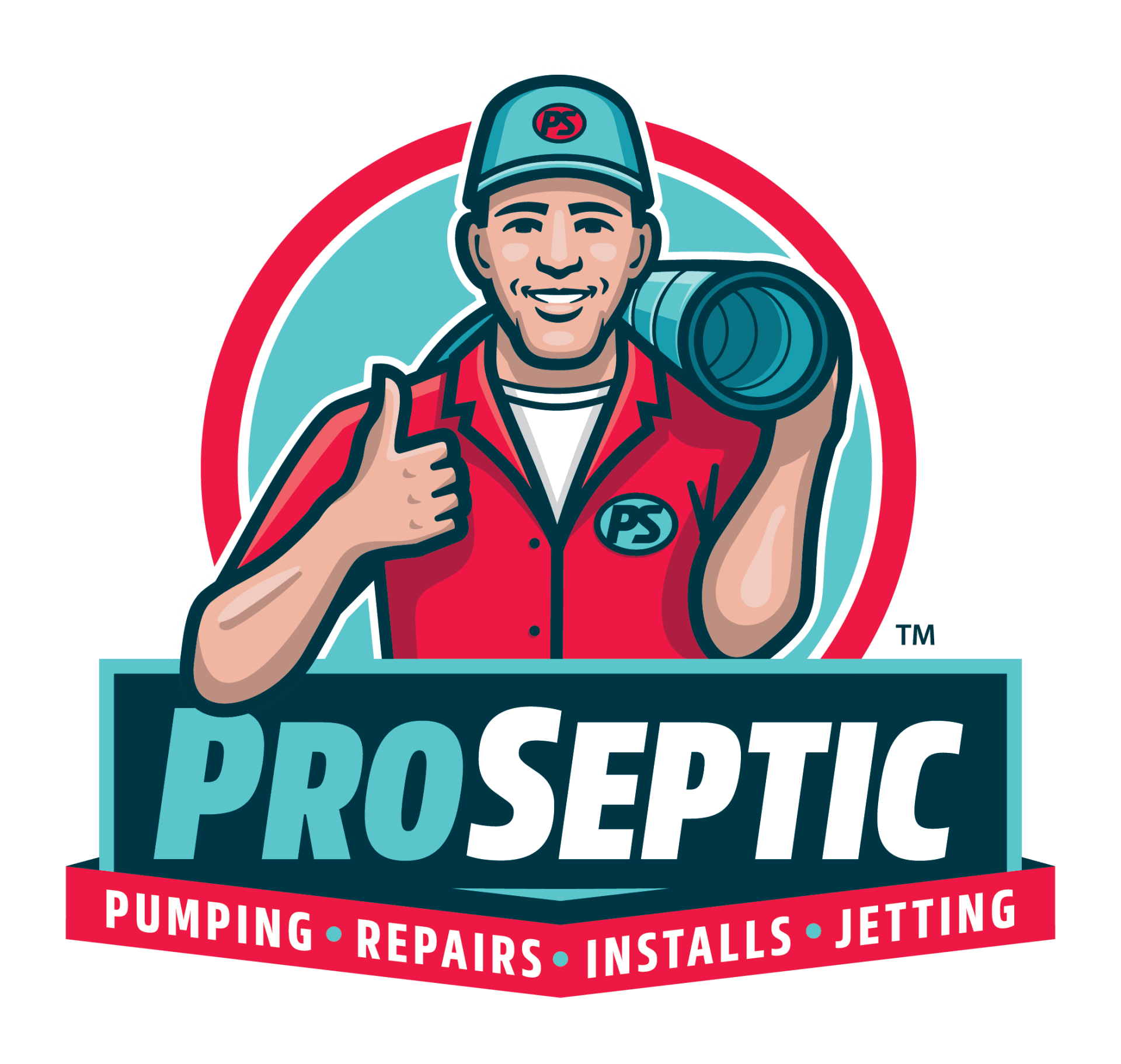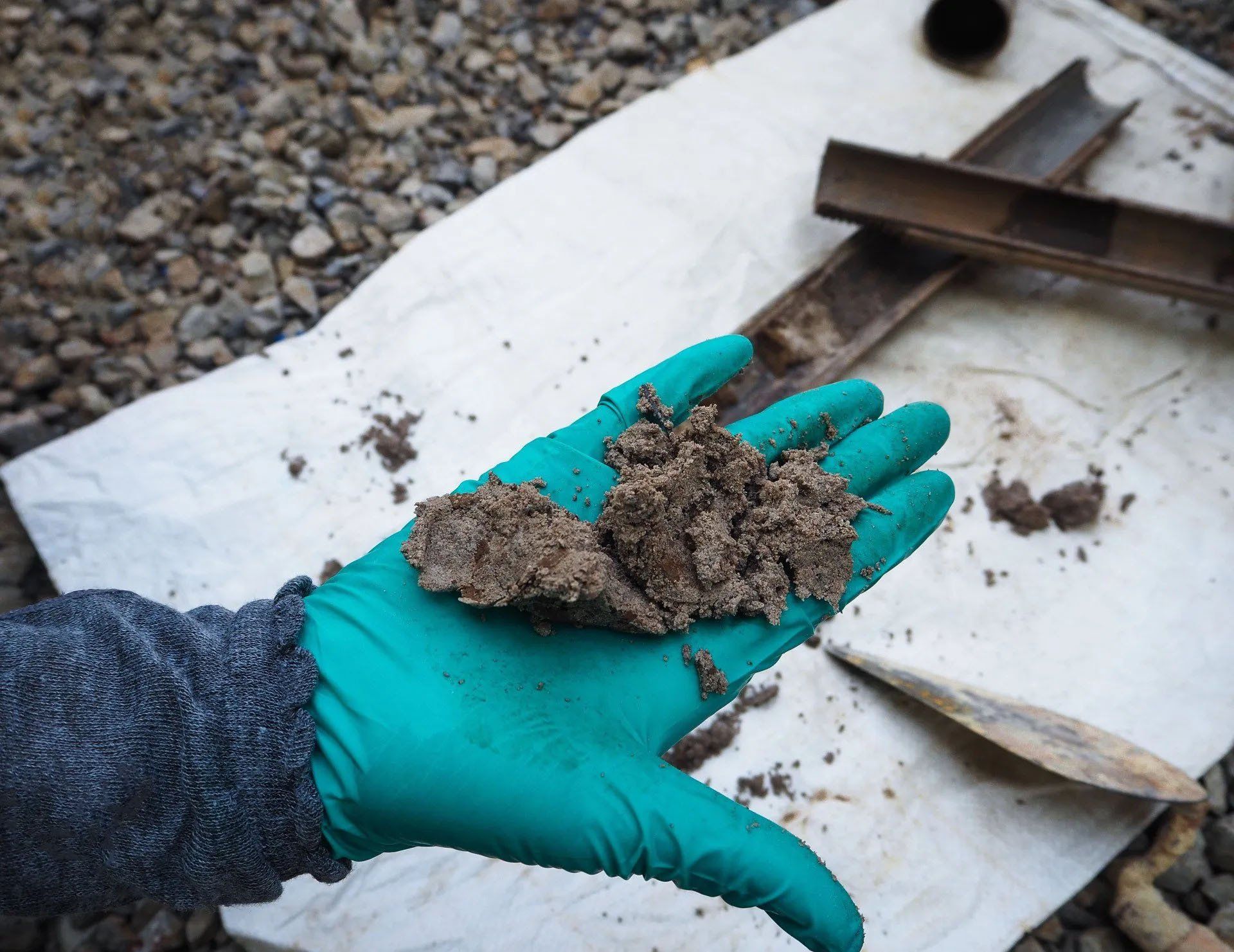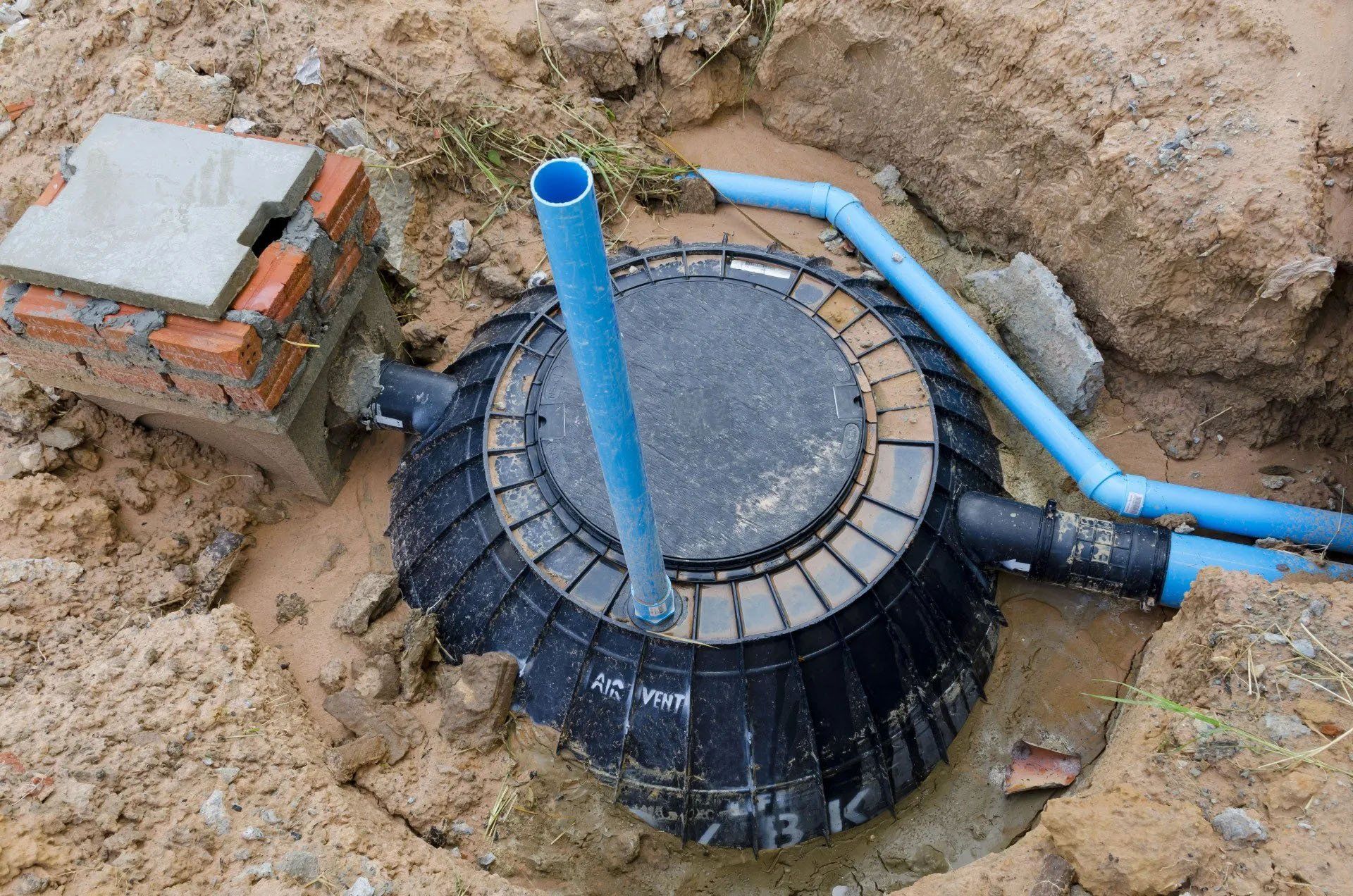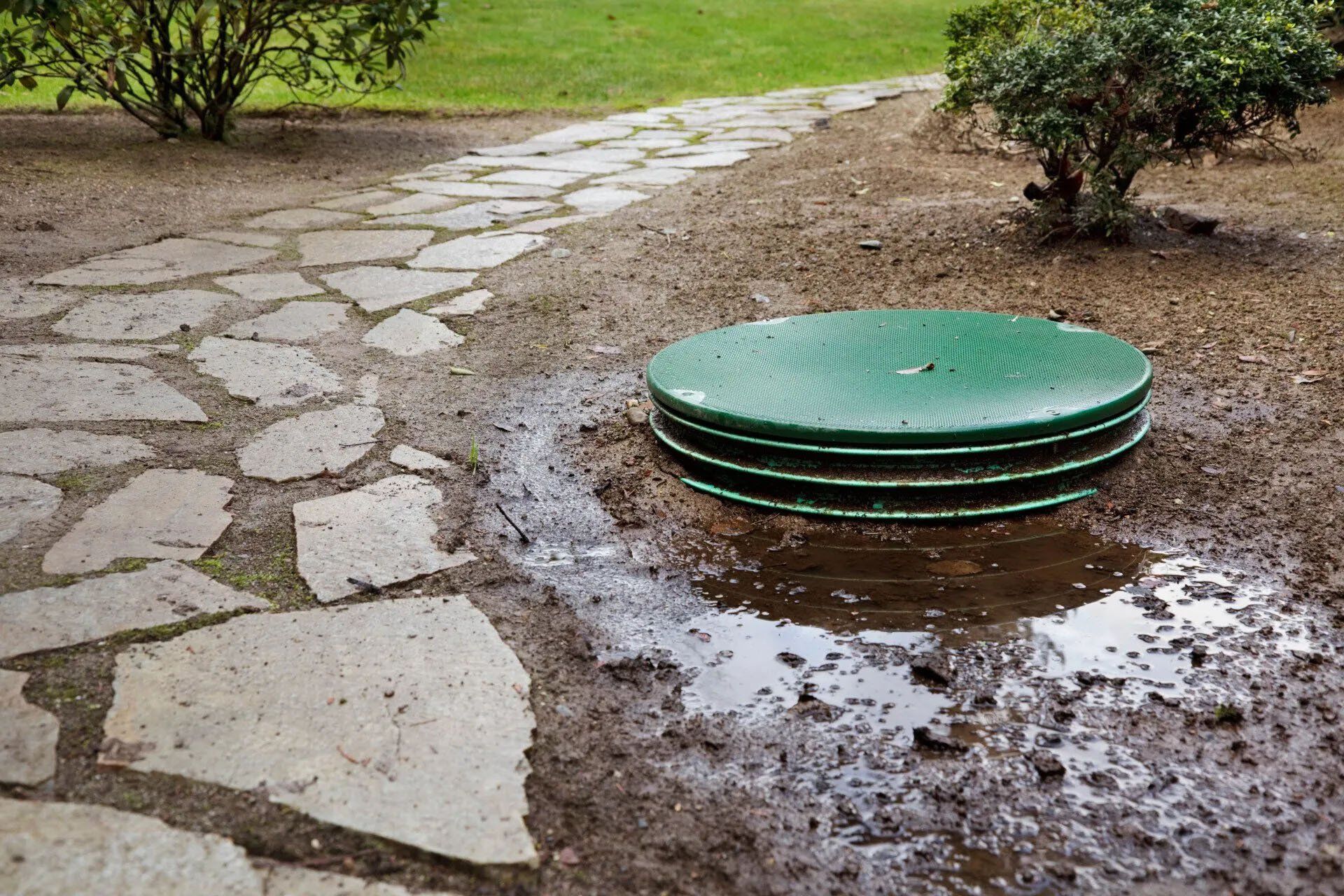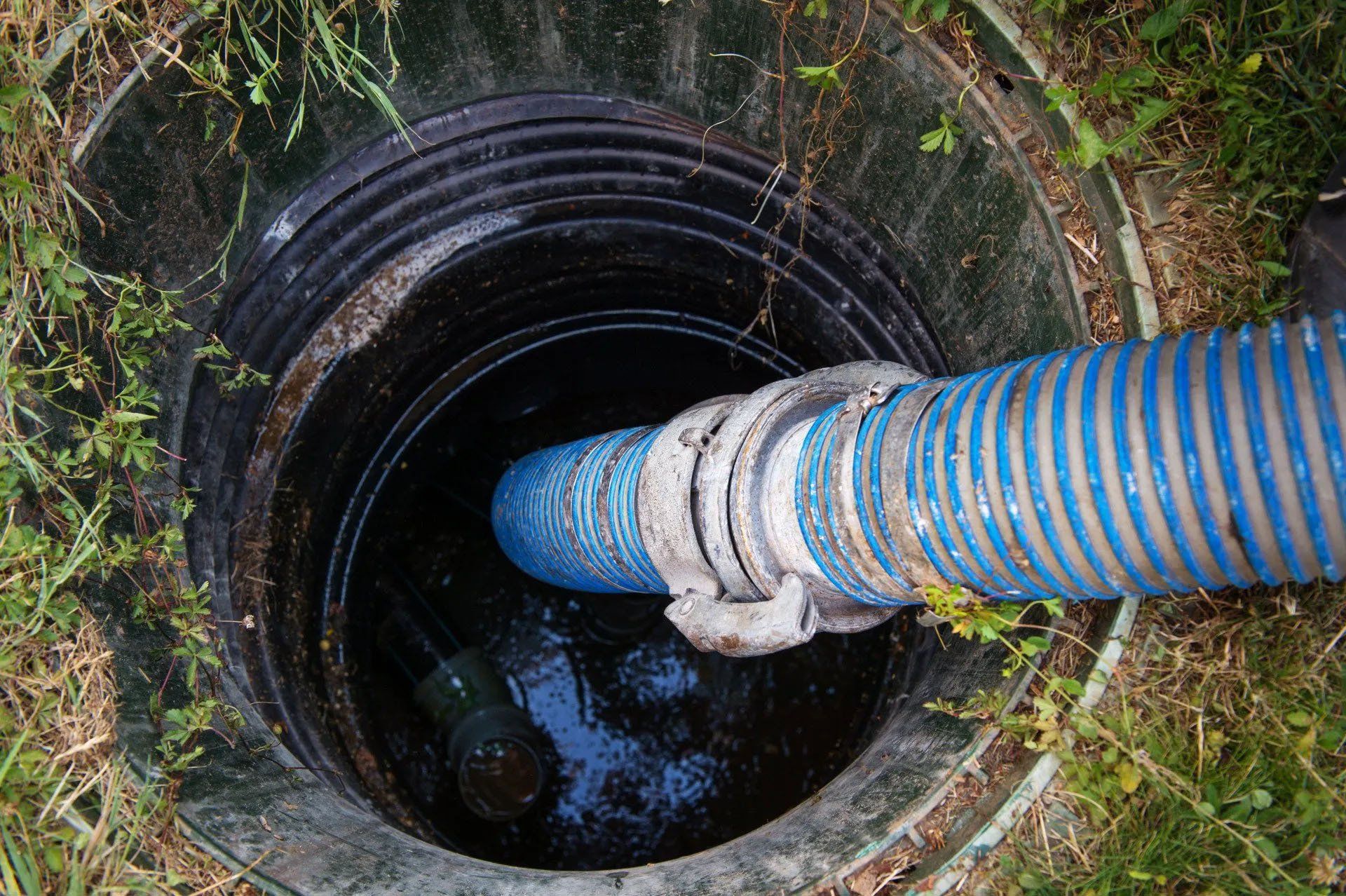Call Today for a Quote! (845) 704-2733
How Septic Services Can Help with Your Clogged Sewage
How Septic Services Can Help with Your Clogged Sewage
The last thing that anyone wants to deal with is clogged sewage. Clogged sewage is not only embarrassing to deal with, but it’s gross and potentially hazardous to your health. Typically, you'll experience the effects of clogged sewage in one of several different ways. For one thing, you may experience dark, foul-smelling water backing up in your tub or showers. This is sewage water, and it's toxic and dangerous to the touch. You cannot use your shower or tub while this is occurring, which adds inconvenience on top of the issue.
You may also notice slow drainage, which could emit a similarly bad smell. This slow drainage can make it difficult for you to bathe or wash your clothes and dishes, even before you start noticing bigger problems. Gurgling sounds and clogged plumbing fixtures, whether it's your toilet or your shower drain, may also be noticed. Raw sewage could also begin to seep up into your yard, depending on how your home's sewer system works.
The question is, how do you handle this kind of problem head on? Fortunately, there are options for you to consider that will help solve your clogged sewage issue. The most important thing to do is get in touch with septic services as soon as possible. Only professionals can solve this problem; you cannot be expected to deal with it yourself. With that being said, let's look into how septic services can help with your clogged sewage.
Inspection: What's The Root of The Problem?
One of the reasons why you need to reach out to septic services as soon as possible is that you will not have the tools necessary to inspect your septic tank and find the root of the problem. Septic tanks are more common than you might realize. According to Circle of Blue, there are over 21 million American households that currently have private septic tanks. These tanks are typically underground, and quite often, clogged sewage can be traced back to the tank itself. Typically, septic services will inspect the tank to see if the issue began there, and if so, they will find a way to resolve it. If the clog is not found in the septic tank, it may be traced back to the main pipe leading to the house. It could also be connected to the drains directly, though this is often less likely.
Quite often, when homeowners attempt to resolve septic system issues on their own, they actually end up damaging the system or the fixtures surrounding the system. By the time they get in touch with professionals, they've created even more problems, which will subsequently be expensive to solve.
Identifying Surrounding Issues: What Should I Do Next?
Often, septic system issues do not exist in a vacuum. If an issue occurs once, it could be connected to a recurring problem that needs to be resolved. A septic services provider can actually identify whether the problem has to do with your system itself, or something adjacent to it, like an errant tree root. You may very well need to make radical changes to your property if you want to avoid recurring septic system problems.
Making The Transition: Do You Need An Overhaul?
The reality is that you may not need to address a short term or long term issue on your property itself, but the sewer system that you've been working with all along. As previously mentioned, quite a few people already use septic tanks, rather than relying on traditional sewer lines. More recently, however, many Americans have started to realize that septic tanks are not only more environmentally friendly than traditional sewer systems, but more cost-effective as well. If you've been having serious issues with your current sewer system, you may very well need to switch to a new one. If properly maintained, there are many benefits to having a septic tank over a traditional sewer line. Septic tanks do not often need to be replaced, and they don't come with monthly maintenance costs. It might be time for you to make the switch. But you won't be able to make that determination without first consulting with professional septic services.
Don't let yourself get stuck with clogged sewage. Be proactive and reach out to a provider of septic services as soon as you become aware that you're dealing with an outdated system or as soon as you notice those first warning signs. Reach out to us today!
Contact Us
We will get back to you as soon as possible.
Please try again later.
